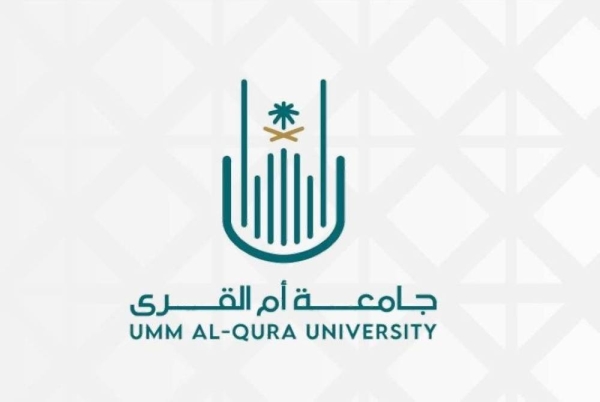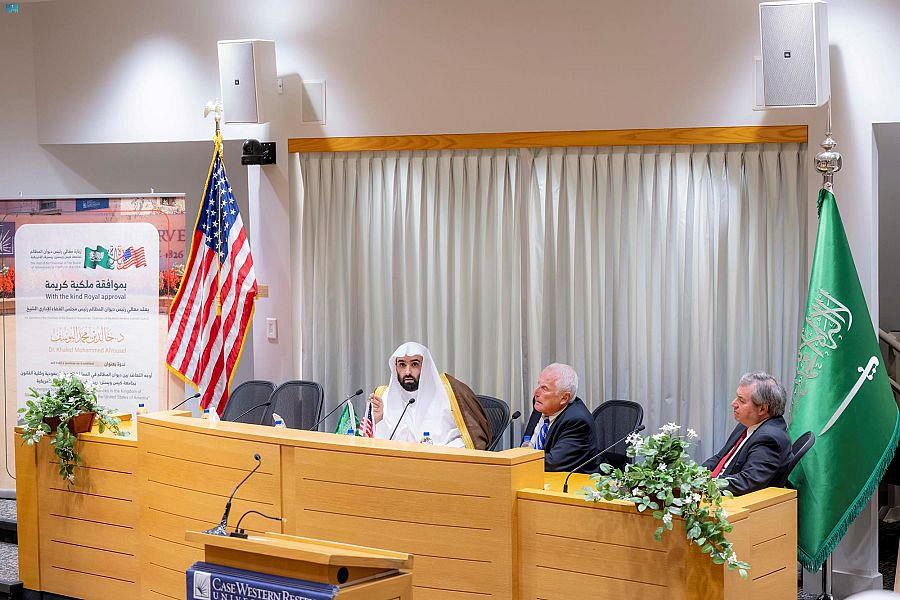
Russia has reportedly detained the head of a hypersonic technology research facility on suspicion of treason in the latest high-profile arrest targeting a senior scientist for allegedly selling state secrets.
Alexander Kuranov, 73, the general director of the St Petersburg-based Hypersonic System Research Institute (HSRI), was arrested in Moscow on Thursday. A Moscow court ruled he be held for two months in pre-trial detention.
Kuranov is an expert in hypersonic technology and oversaw work on a hypersonic aircraft concept called Ajax (or Ayaks), according to the facility’s website.
Hypersonic technology allows objects to travel much faster than the speed of sound. Vladimir Putin announced a new array of hypersonic weapons during a bellicose speech to senior officials in 2018, suggesting the weapons could hit targets in the US and evade missile defences.
The Ajax system is older, first entering development under the Soviet Union in the 1970s. It tries to conserve energy usually lost by aircraft flying at high velocities and to “recycle” that energy.
“The main objective of our company is the development and extensive use of the new hypersonic technologies that are to become the basis for the creation of aviation and aerospace engineering of the new generation,” the institute states.
Russian state media and other news agencies have reported the arrest citing anonymous sources. “According to the preliminary information, Kuranov, who has been working on hypersonic technologies for years, has shared classified information about scientific research with a foreign citizen,” Interfax reported, citing a source with knowledge of the investigation.
That report noted “meetings and interactions with foreign citizens” relating to the Ajax programme. “Interest was demonstrated by representatives of the United States and China,” the agency said.
Treason and espionage cases are usually held behind closed doors in Russia and case details seldom come to light because of their classified nature. Lawyers are often required to sign non-disclosure agreements and can be disbarred or arrested if they reveal details of the case.
Russian authorities have also begun targeting lawyers who specialise in representing defendants in treason and espionage cases. Team 29, an association of lawyers who handle treason cases, was forced to close last month under state pressure.
State treason is punishable by up to 20 years in jail. That sentence was handed down to an aviation lecturer from Moscow in April after he was found guilty of illegally exporting technology or technical information.
Data from Team 29 showed that the number of treason cases in Russia has ballooned since the 2014 annexation of Crimea that led to a collapse in relations with the West. A number of Russian scientists, soldiers and officials have been charged with treason in recent years after being accused of passing sensitive material to foreign countries.












